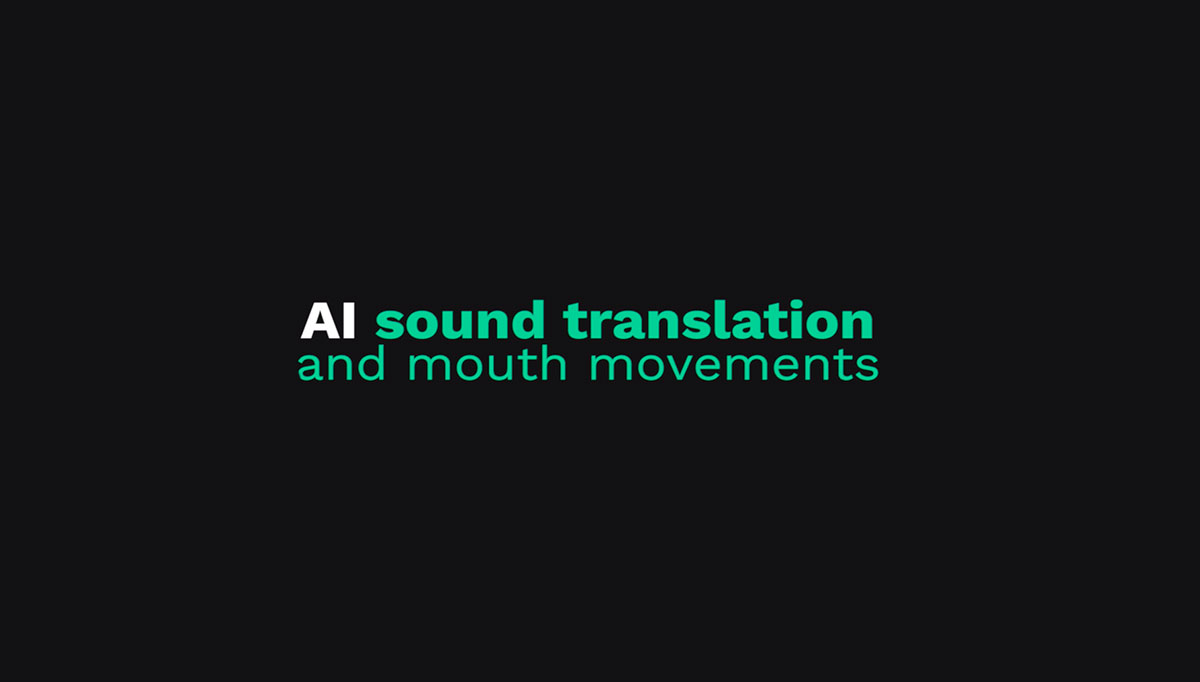In the ever-evolving world of multimedia content creation, artificial intelligence (AI) has emerged as a game-changer, and one of its significant applications is in dubbing audio and video. Traditional dubbing processes often involve human actors, extensive studio time, and high production costs. However, AI is changing the landscape, offering several advantages for content creators and consumers.
1. Enhanced Quality:
One of the primary benefits of using AI for dubbing is the improvement in quality. AI algorithms can analyze and replicate the voices and styles of original actors with remarkable accuracy. This results in a more immersive and authentic viewing experience for the audience.
2. Efficient Production Process:
Traditional dubbing can be a time-consuming and costly process. AI streamlines the workflow, significantly reducing the time and resources required. Multiple language versions can be generated more efficiently, making it easier to reach a global audience.
3. Global Audience Reach:
In today’s digital age, content is distributed worldwide. Dubbing is crucial for reaching multilingual audiences, and AI simplifies the creation of accurate dubbed versions in various languages, expanding the global reach and revenue potential.
4. Personalization and Flexibility:
AI doesn’t only replicate existing voices; it can create custom voices to fit specific content needs. This level of flexibility is particularly valuable for interactive applications like video games and virtual assistants. Voices can be tailored based on age, gender, tone, and desired style.
5. Improved Accessibility:
Dubbing isn’t just about reaching international audiences; it’s also essential for enhancing content accessibility. AI can add audio descriptions (AD) for the visually impaired, as well as subtitles and dubbing for those with hearing impairments. This ensures that content is accessible to all.
6. Cost Savings:
AI-driven dubbing can result in significant cost savings compared to traditional methods. The need to hire actors and recording studios for each language is eliminated, saving both time and money.
7. Easy and Rapid Updates:
In a world where content is constantly updated, AI makes it easy and quick to make changes and updates to the dubbing. This is especially valuable in the gaming industry, where developers can release audio patches without disrupting users’ gameplay experience.
In conclusion, artificial intelligence is revolutionizing the way we approach audio and video dubbing in content. It offers substantial advantages in terms of quality, efficiency, and flexibility, benefiting both content industries and audiences. As technology continues to advance, we can expect to see further growth in AI adoption for global content dubbing.
